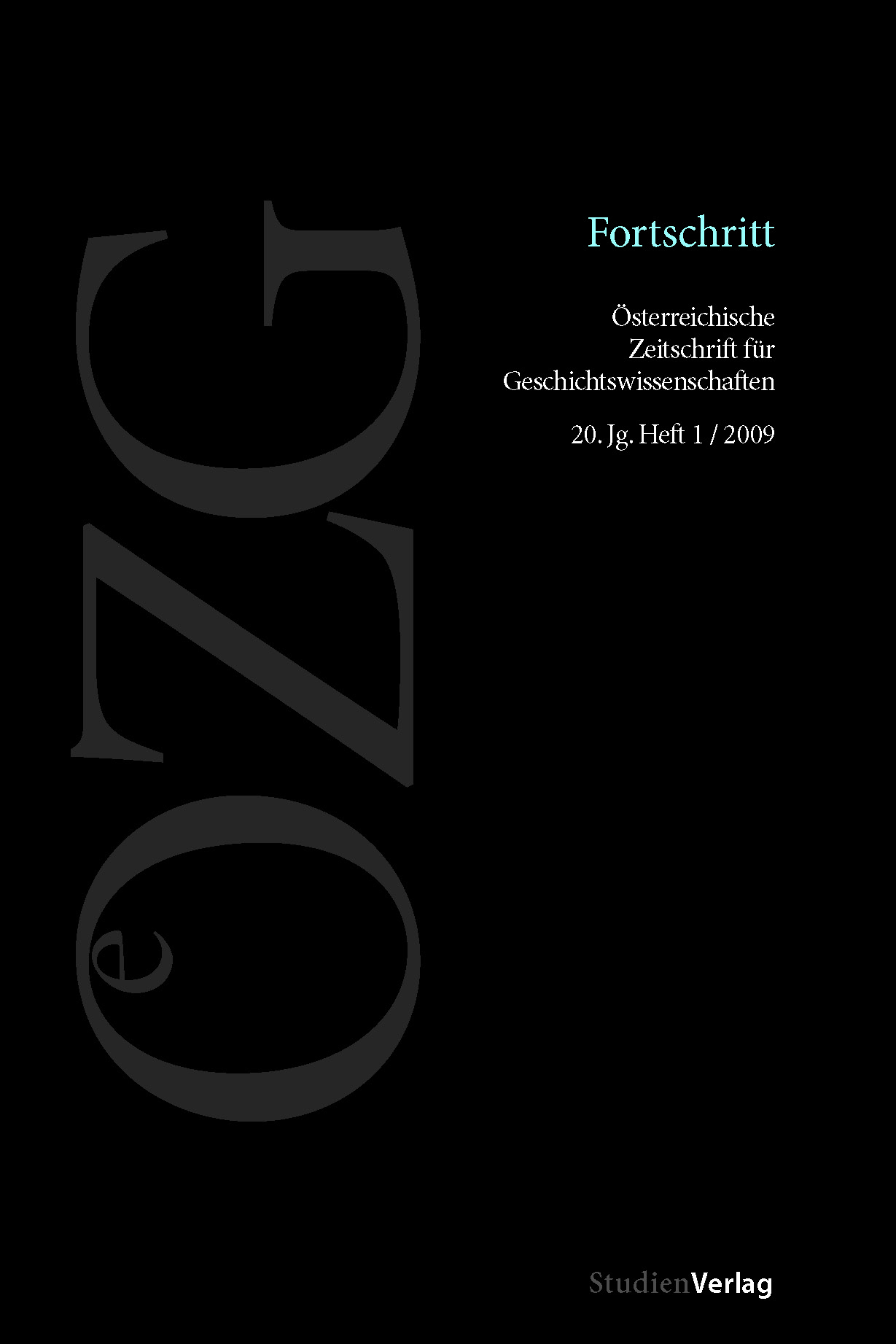Lokomotive Zwei Neun Drei – Marxismus, Historiographie und Fortschrittsparadigma
DOI:
https://doi.org/10.25365/oezg-2009-20-1-2Keywords:
Marxism, historiography, intellectual history, progress, postcolonialism.Abstract
Marxism and the idea of ‚progress‘ have been closely interrelated in the course of the last 150 years. I argue that this relation was, however, less clear-cut and one-dimensional than those reflected in critical appraisals hitherto of the notion of ‚progress‘ in Marx and the many sorts of Marxism. After some reflections on the possibility of historicizing Marxism in the aftermath of ‚1989‘, the paper goes on to present some elements of the multi-faceted approach to ‚progress‘ in the thought of Karl Marx himself, including some remarks on related topics (e. g. his interpretation of non-European regions). The genesis of Marxism – defined as any intellectual and political practice with reference to Marx – and the different attitudes of Marxist intellectuals towards ‚progress‘ are then discussed. In contrast with the standard vision, in which ‚Marxism‘ is depicted as being irremediably interlaced with a teleological concept of history, the narratives of ‚progress‘ and Eurocentric distortions, this article demonstrates how different conjunctures of Marxist thought led to diverse ways of using the concept of ‚progress‘.


